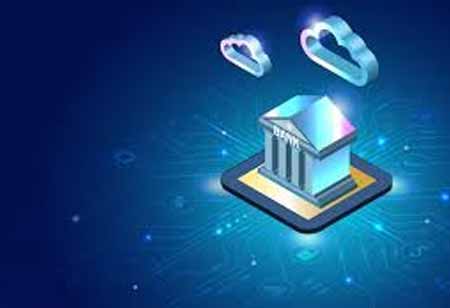THANK YOU FOR SUBSCRIBING

By
Banking CIO Outlook | Monday, March 06, 2023
Stay ahead of the industry with exclusive feature stories on the top companies, expert insights and the latest news delivered straight to your inbox. Subscribe today.
Wealth Management Firms play a significant role in reducing cybercrime by enforcing stronger password policies, enabling Remote working with secure connections and devices, and executing penetration tests.
FREMONT, CA: Investments and financial transactions are handled by wealth management firms for a wide variety of clients. Thus, it is easy to see why cybercriminals would see even a small firm as an opportunity.
Hackers could steal financial data from the IT infrastructure by gaining access to the organization's IT infrastructure. Many wealth management firms have become more proactive about cyber security as a result of the rise of attacks against them.
Wealth Management Firms' Security Vulnerabilities: Wealth management firms face unique challenges regarding cyber security, while other industries face similar challenges. Information organizations collect and store, for instance, may be worth a lot of money to certain individuals. There are specific data security, privacy, and compliance standards for wealth management firms, but they may still have holes in their security posture.
Sharing of information: An organization should not allow employees to send emails containing personal information. Even when it shouldn't, it still happens. The firms could suffer catastrophic consequences if a hacker intercepted one of those communications.
The biggest threat could be weak passwords: Poor password standards can't be protected by even the strongest security systems. The employees shouldn't continue to log in with just their first and last names. Furthermore, there are no checks in place to prevent workers from continuously reusing passwords.
Wealth Management Firms' Cyber Security Best Practices: Let's start with the most important one: educating employees. There are too many companies that become victims of cybercrime because their employees do not know how to recognize a hacking attempt. It pays to invest in a robust security platform, but nothing beats preparing the workers to deal with social engineering attempts.
The firms might also want to adopt the following practices:
Dispose of thumb drives: When an employee backs up company data on a thumb drive and loses it, that information is immediately available. Additionally, a hacker could install malware on a drive and wait for an unsuspecting worker to plug it into their laptop connected to the company network. It is crucial to consider disabling auto-run on company-issued computers.
Password policies should be enforced: Hackers can easily gain access to the company's system by guessing easy passwords. In most cases, hackers take one password and apply it to different logins until they succeed. As a secondary security measure, organizations can require users to create more complex passwords. Hence, even if a hacker gains access to credentials, they must provide a second form of identification.
THANK YOU FOR SUBSCRIBING
Be first to read the latest tech news, Industry Leader's Insights, and CIO interviews of medium and large enterprises exclusively from Banking CIO Outlook
I agree We use cookies on this website to enhance your user experience. By clicking any link on this page you are giving your consent for us to set cookies. More info



